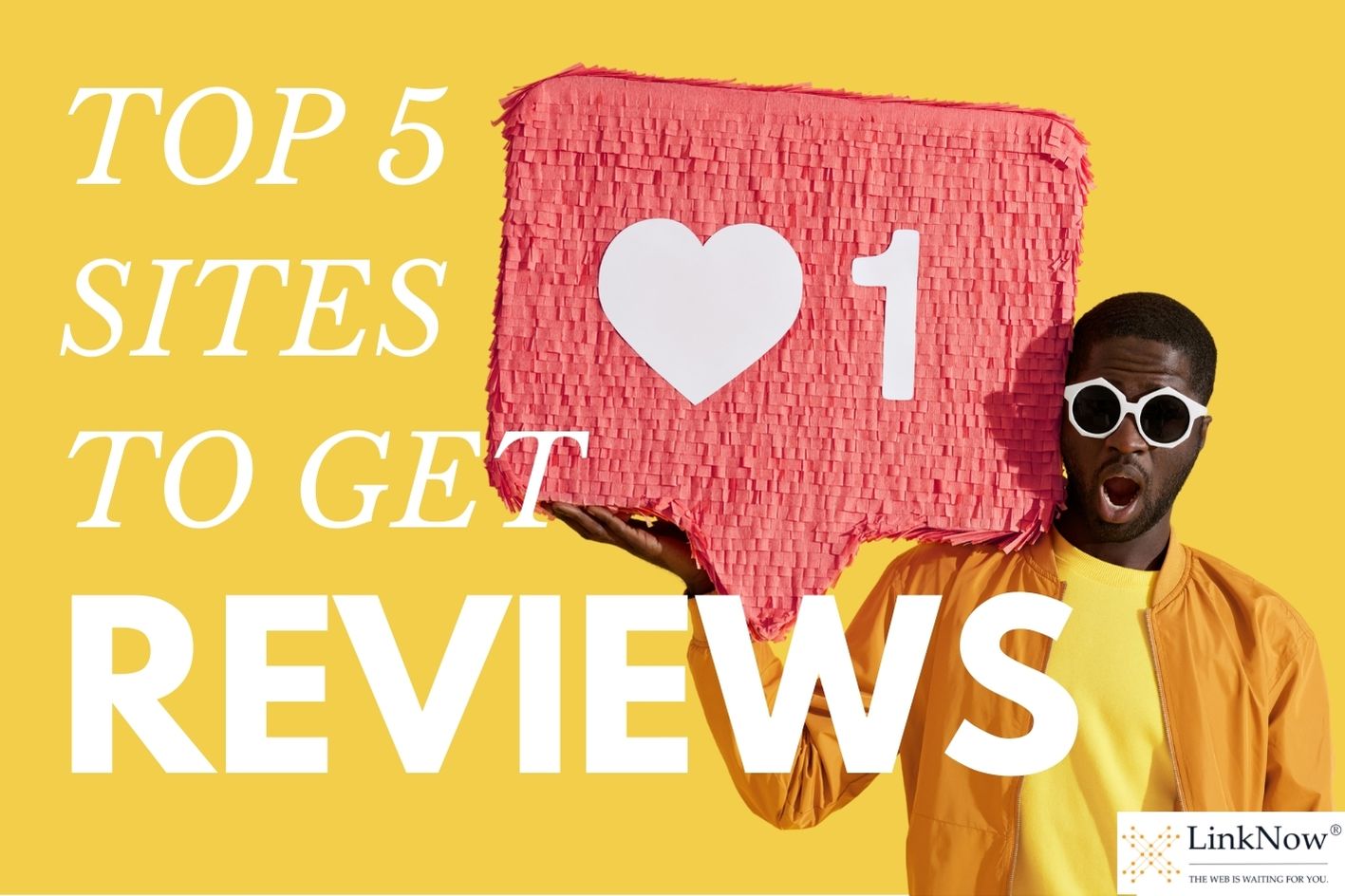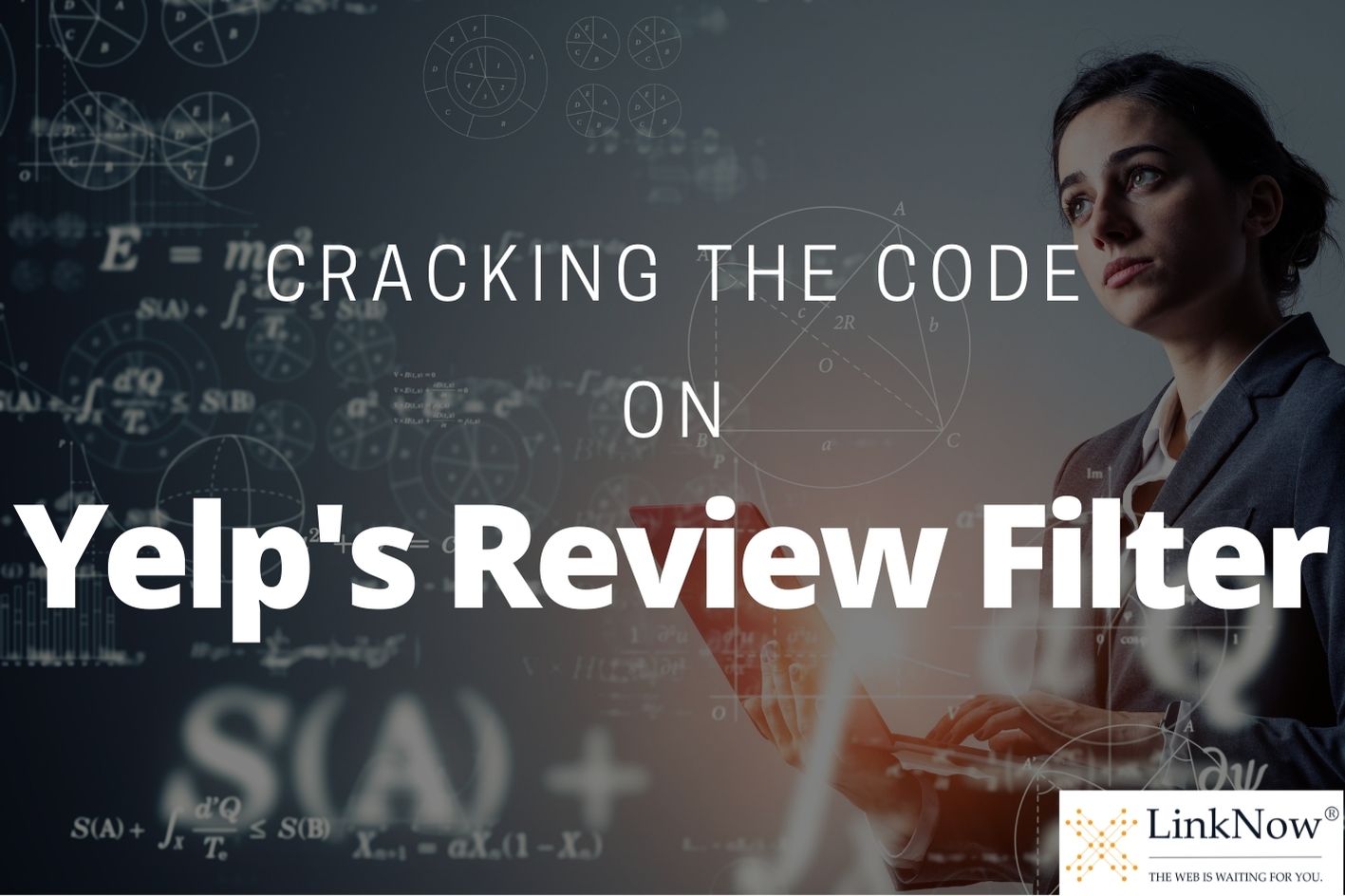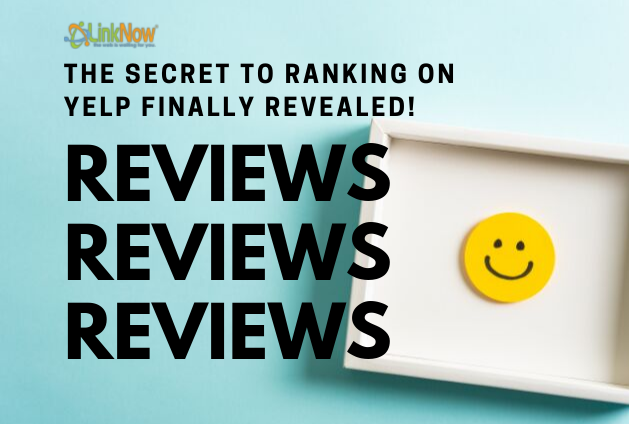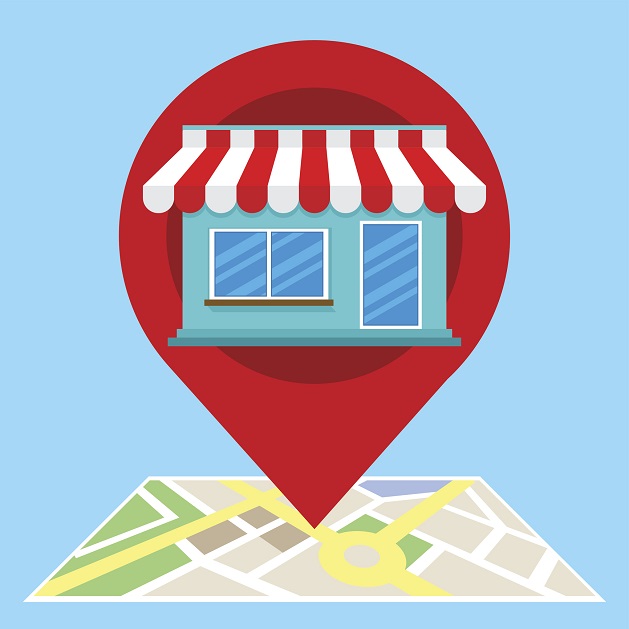The internet has revolutionized the way we make purchasing decisions.
Thanks to tools like online reviews, consumers can access a lot of information about a product that answers questions in detail, better than any FAQ page ever could.
While recent statistics point to 90% of online shoppers having admitted to speed reading at least one online review before heading to their cart to complete a purchase, the figure we really want to draw your attention to is the 94% of consumers who have aborted a purchase that they had to have, due to a negative review.
Here’s an overview of the 4 ways fostering a large selection of favorable online reviews is paramount to the success of your business:
1. Peer Reviews Are Type of Social Proof
Let’s face it, you can say everything there is to say about your products and the services you provide, but you’ll never be able to anticipate every single question consumers have about what you provide.
That’s only one of the ways online reviews can come in handy.
When other people post their experience and say it’s a good idea to go ahead and make the purchase, consumers are more likely to take the leap. In this way, cultivating social proof from other consumers can be more powerful than the media you produce on your own.
2. Including Reviews on Your Site Helps You Build Trust
What’s so good about a consistent flow of positive feedback from your clients?
In a word, trust is the name of the game.
5-star reviews are the goal here since anything less will give your consumer a reason to pause and rethink their purchasing decision.
Don’t overlook this powerful resource when you want to build upon your brand’s online identity. Building trust is truly a fundamental strategy that ensures you’re creating positive visibility.
3. Reviews Have a Direct Impact on Purchases
Like we said above, reviews have been proven to impact sales directly, but don’t just take our word for it. This case study from Harvard speaks volumes about how a brand’s online reputation can affect sales volume over the short and long term.
As you work to improve your star ratings and begin to gain traction, you’ll see a corresponding jump in revenue.
It goes without saying that brands with the a large and consistent number of positive reviews are viewed more favorably by consumers and therefore benefit from increased sales.
Are you doing everything in your power to foster positive comments and higher star ratings?
There’s no better time to start than now.
4. Online Reviews Open Up a Direct Chanel of Communication with Your Target Consumers
The majority of people who post online reviews of your products and services will be expecting a prompt response from you.
This presents you with a handy way to quickly solve problems with unfavorable reviews, give thanks to customers who post positive feedback, and tip your loyal clients off with information on upcoming promotions.
Let’s Review
The takeaway?
You need an review-management strategy. Online reviews help you grow your web presence, build trust with customers, and drive traffic to your site. If you aren’t actively seeking reviews, you’re missing out.
Need help managing your online reviews? LinkNow has your back! As one of North America’s leading digital marketers, we offer all-in-one solutions to help you manage your web presence, and online reviews are no exception.
Get a free consultation by calling 888.667.7186, emailing website@linknowmedia.com, or commenting below.









